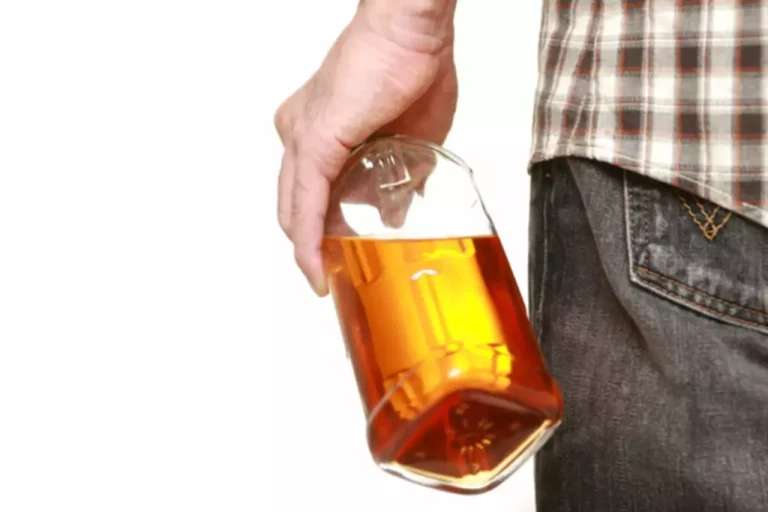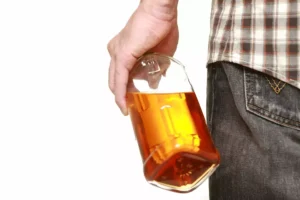
But even if drinking with friends brings you happiness and joy, this comes at a price. The more you enjoy it, the higher your risk of slipping into alcoholism, and ultimately worsening your overall mood. This means that consuming four to five alcohol drinks in a short amount of time may be enough to put a person at risk of alcohol poisoning, or even death. A single drink may put a person over their state’s BAC limit for driving.

Alcohol’s Impact on Happiness: The Science Behind the Buzz

A new study makes big strides in explaining exactly why alcohol makes people feel so good. The study’s finding, that it triggers the release of endorphins, is simple and logical — but it has not been shown in humans until now. Short-term risks of excessive drinking include accidents, injuries, alcohol poisoning, and impaired judgment.

Types of Drunks: Your Personality & Reaction to Alcohol

Your body functions will slow so much that you will fall into a coma, putting you at risk of death. Blood alcohol content (BAC) is the unit used to measure the amount of alcohol in a person’s bloodstream. The experience of being drunk can feel different for everyone, but it commonly results in a decrease in inhibitions and a heightening of emotions. The heart-protective potential of red wine is believed to be partially due to its high concentration of plant compounds called polyphenols, especially resveratrol. This antioxidant, found in grape skins, may prevent inflammation and clogged arteries by reducing the oxidation of harmful LDL cholesterol.
- Your body functions will slow so much that you will fall into a coma, putting you at risk of death.
- While acute alcohol intake may increase serotonin release, chronic alcohol use can lead to long-term alterations in serotonin function.
- Yet the meaning of the MRI scans is still far from clear, Dr. Mukamal says.
- The drug was radioactively tagged so that it would light up on a PET scan, and the receptor “map” could be made.
- Quitting alcohol completely can be a challenge, but there are more ways to do it than ever before.
- For instance, beer is made from the sugars in malted barley, wine from the sugars in grapes, and vodka from the sugars in potatoes.
How Alcohol Travels Through Your Body (and Gets You Drunk)
They might start to slur their words or become less coordinated, but nothing can bring their mood down. “Medical attention should be sought during prolonged periods of vomiting because that can result in dangerous electrolyte abnormalities and severe dehydration. You should also seek help if there are signs of alcohol poisoning; symptoms include decreased or irregular breathing, decreased heart rate, decreased body temperature, stupor, or seizures,” recommends Dr. Krel. The relationship between alcohol gene mutations and dopamine can provide insights into the genetic influences on addiction. Some individuals may be more susceptible to developing alcohol dependence due to genetic variations that affect dopamine signaling or alcohol metabolism.
Recognizing alcohol overdose

Here, we look at some of the ways that why does being drunk feel good alcohol can change our mood and our behaviour, and how it does that. In fact, research shows that about two-thirds of alcohol-related deaths are from chronic health issues. It continues its rampage throughout the body, disturbing the sleep cycle, causing dehydration, and wreaking havoc in the stomach.
- It took me a whole week of headaches before I discovered that a can of emptied cat food had fallen behind the trash can and rolled to the back of the cabinet.
- Learn which signs to look out for, and how to care for your well-being.
- The brain’s recovery journey involves a gradual rebalancing of the dopamine system, which can take time and may be accompanied by temporary mood fluctuations and cravings.
- To resist the lure of alcohol, willpower alone is often not sufficient.
- When there was more activity in another area, the orbitofrontal cortex, the heavy drinkers — but not the controls — reported more feelings of intoxication.